Dell merger won’t destroy EMC federation
Similar strategy exists in Dell, says CEO, although some unification not ruled out


The federation structure of EMC won't be destroyed on completion of its merger with Dell, CEO and founder Michael Dell has said, although the integration of some units has not been ruled out.
Speaking to a select group of journalists, Michael Dell said: "We actually have something a bit like this in Dell, where we have some strategically aligned businesses that we're incubating and I think what Joe has described and what we do are in many ways very similar."
"What we've learned is that if you take companies and you smash them together, that doesn't always work so well," the CEO said, "so what you need to do is understand what the capabilities and assets are and think carefully about what the opportunities are.
"When we acquired SecureWorks 5-plus years ago, if we'd taken all the SecureWorks salespeople and said 'welcome to Dell, now we want you to go sell PCs and servicers' we would have totally destroyed the company. So, instead, we said 'ok, we know that the security is really important, lets understand what this group SecureWorks does and lets leave them alone. Let's give them resources, let's feed them customers to help them grow, but lets not try to make them into something that they're not'. And we invested very heavly and it's worked extremely well, so I think there's a model where you can incubate new businesses that are part of a strategically aligned family."
Dell also said he was "supportive of the announcement" that VMware and EMC are to combine their clouds under the Virtustream brand ahead of the acquisition.
"We don't have any different intention [from EMC]," he told IT Pro.
Dell didn't completely rule out merging some business, units, however.
Sign up today and you will receive a free copy of our Future Focus 2025 report - the leading guidance on AI, cybersecurity and other IT challenges as per 700+ senior executives
"There are areas where scale matters and you combine things together, integration is very important," he said.
Dell added that reports of mass layoffs of thousands of people in the Irish media are somewhat "hysterical".
"Nobody's really thinking carefully about this... companies like ours thrive on talent and we need very talented people to do what it is we do and if the people leave, we can't do it," he said.
"What you see in any global company is you have these hubs of innovation and talent and for a long time Ireland has been home to Dell and ... it's also been home to EMC in Cork and VMware and so we're excited to enhance our presence in Ireland," he added.
However he didn't completely deny that some jobs could go.
"This combination as far more about revenue synergies than cost synergies. There are some cost synergies, I'm not going to deny that's the case, but we think the revenue synergies are three times larger than the cost synergies," Dell said.
Hitting back at critics
Michael Dell also took the opportunity to hit back at some of the company's critics, including a not-so-veiled reference to HP (now Hewlett-Packard Enterprise and HP Inc).
Asked why the company he founded has decided to grow through acquisition when "some competitors are splitting and selling their hardware parts", Dell said it was not good business sense to decide strategy based on what competitors are doing.
"When I develop strategy, what I do is go talk to customers ... [and] what I've heard from our CIO customers is they really like this combination [with EMC] because we're making their jobs easier," Dell said. "Being able to provide them with a complete set of solutions to solve their problems and they don't actually want more suppliers. Just think about it -- if you go to a CIO and you say 'here's all the things I do -- what I'm going to do is I'm going to create two companies, how do you like that? And now you've got to deal with two companies instead of one.' Why are you doing that? It's just more complicated for the customer."
He also pointed to the fact Dell is a privately owned company, whereas certain competitors are not, claiming this could be a motivator.
"Maybe [splitting] is for the shareholder and not for the customer - and which shareholder is it for? Is it for the short-term shareholder, or the long-term shareholder?" said Dell.
"What I see in the world generally is a plague of short-term thinking. I see it in education, I see it in politics, I see it in business and I think there's a lot of short-term thinking that exists in the world, and we're not doing short-term thinking here. We're thinking much, much longer-term. Time will tell what the results are, but we're quite encouraged with how things are going so far," he concluded.

Jane McCallion is Managing Editor of ITPro and ChannelPro, specializing in data centers, enterprise IT infrastructure, and cybersecurity. Before becoming Managing Editor, she held the role of Deputy Editor and, prior to that, Features Editor, managing a pool of freelance and internal writers, while continuing to specialize in enterprise IT infrastructure, and business strategy.
Prior to joining ITPro, Jane was a freelance business journalist writing as both Jane McCallion and Jane Bordenave for titles such as European CEO, World Finance, and Business Excellence Magazine.
-
 Hackers are using LLMs to generate malicious JavaScript in real time
Hackers are using LLMs to generate malicious JavaScript in real timeNews Defenders advised to use runtime behavioral analysis to detect and block malicious activity at the point of execution, directly within the browser
-
 Developers in India are "catching up fast" on AI-generated coding
Developers in India are "catching up fast" on AI-generated codingNews Developers in the United States are leading the world in AI coding practices, at least for now
-
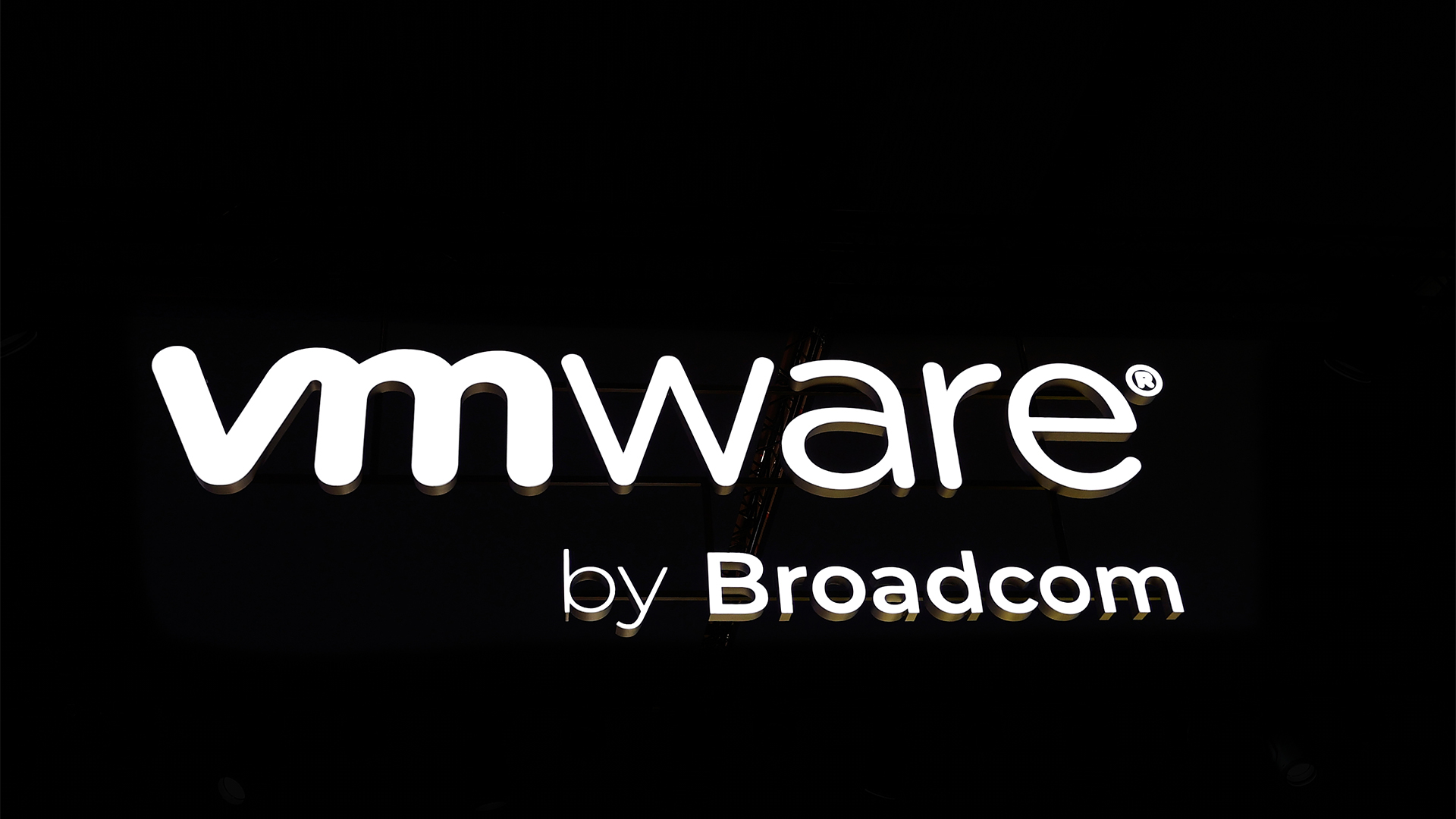 Computacenter enters the fray against Broadcom in Tesco's VMware lawsuit
Computacenter enters the fray against Broadcom in Tesco's VMware lawsuitNews The IT reseller has added its own claim against Broadcom in VMware case brought by Tesco
-
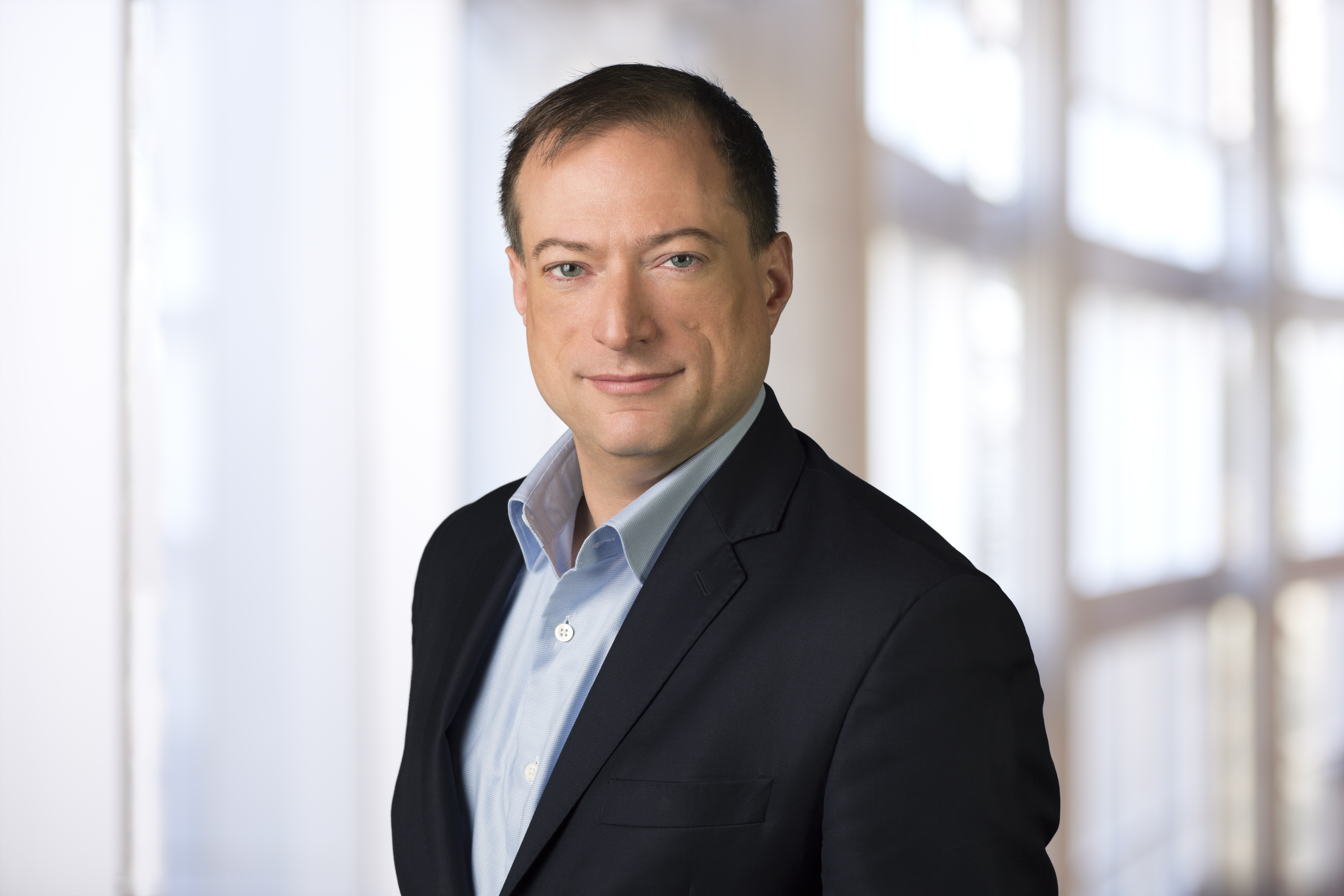 Who is John Roese?
Who is John Roese?Dell's CTO and Chief AI Officer John Roese brings pragmatism to AI
-
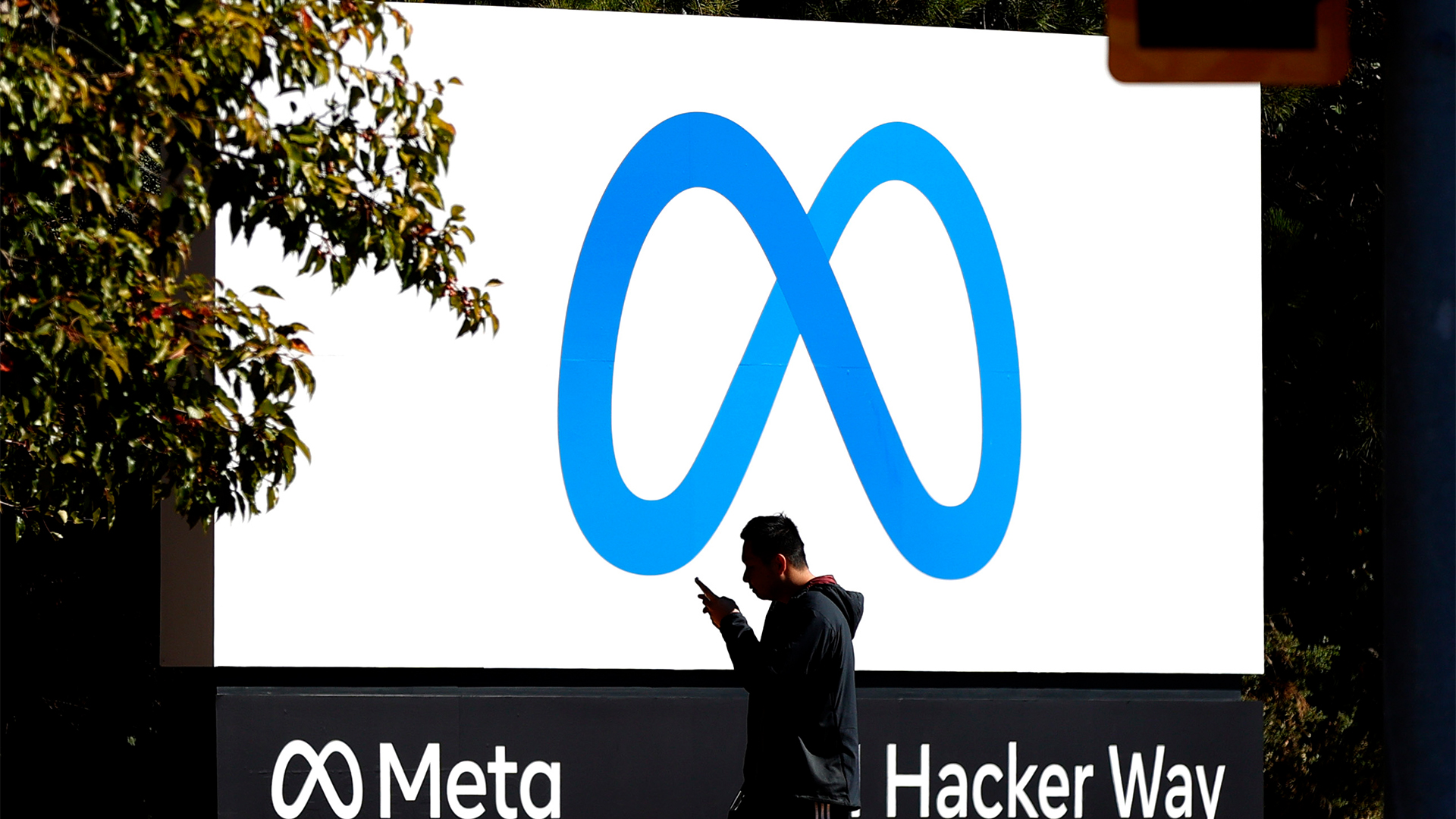 Meta layoffs hit staff at WhatsApp, Instagram, and Reality Labs divisions
Meta layoffs hit staff at WhatsApp, Instagram, and Reality Labs divisionsNews The 'year of efficiency' for Mark Zuckerberg continues as Meta layoffs affect staff in key business units
-
 Business execs just said the quiet part out loud on RTO mandates — A quarter admit forcing staff back into the office was meant to make them quit
Business execs just said the quiet part out loud on RTO mandates — A quarter admit forcing staff back into the office was meant to make them quitNews Companies know staff don't want to go back to the office, and that may be part of their plan with RTO mandates
-
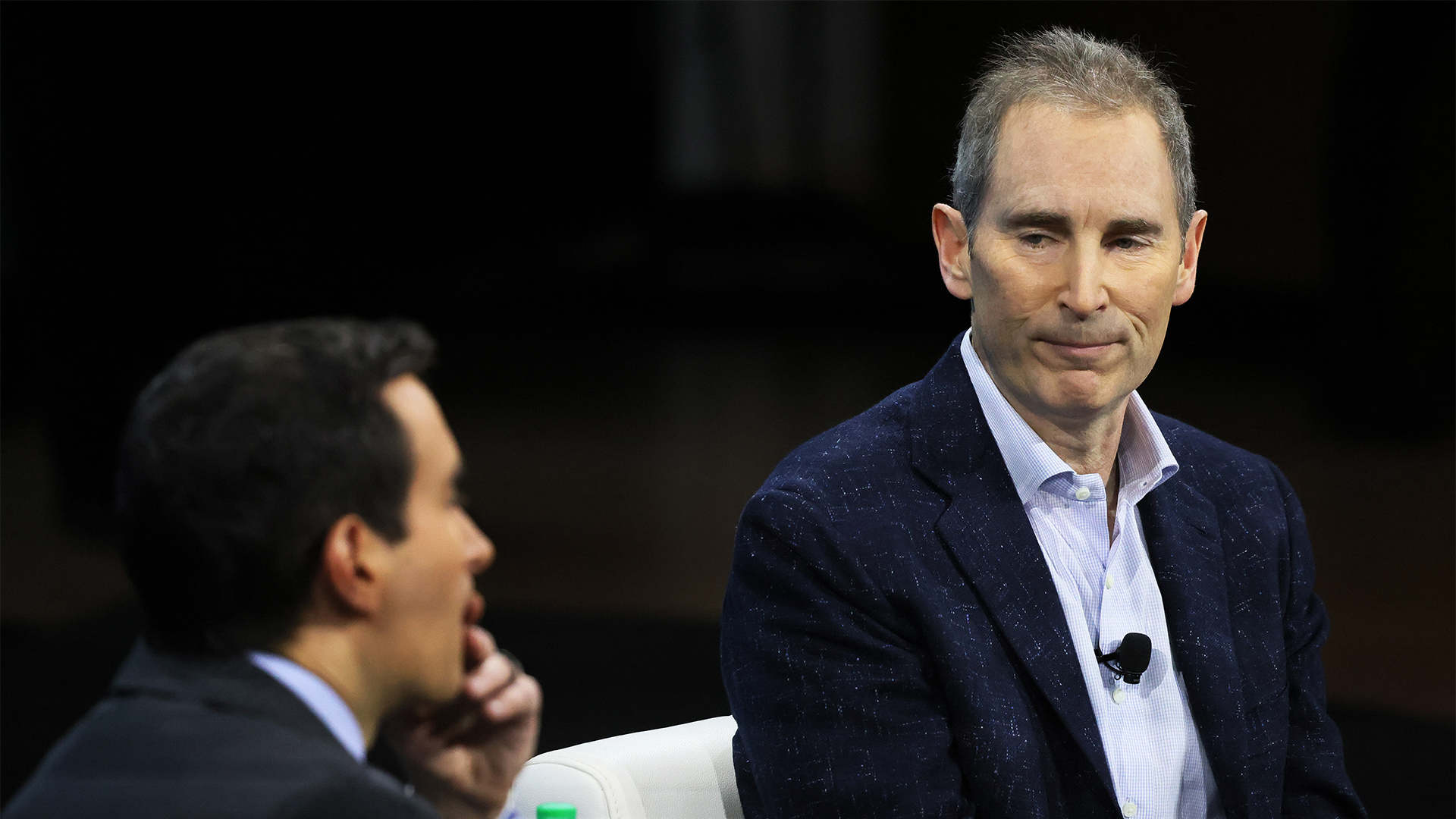 Amazon workers aren’t happy with the company’s controversial RTO scheme – and they’re making their voices heard
Amazon workers aren’t happy with the company’s controversial RTO scheme – and they’re making their voices heardNews An internal staff survey at Amazon shows many workers are unhappy about the prospect of a full return to the office
-
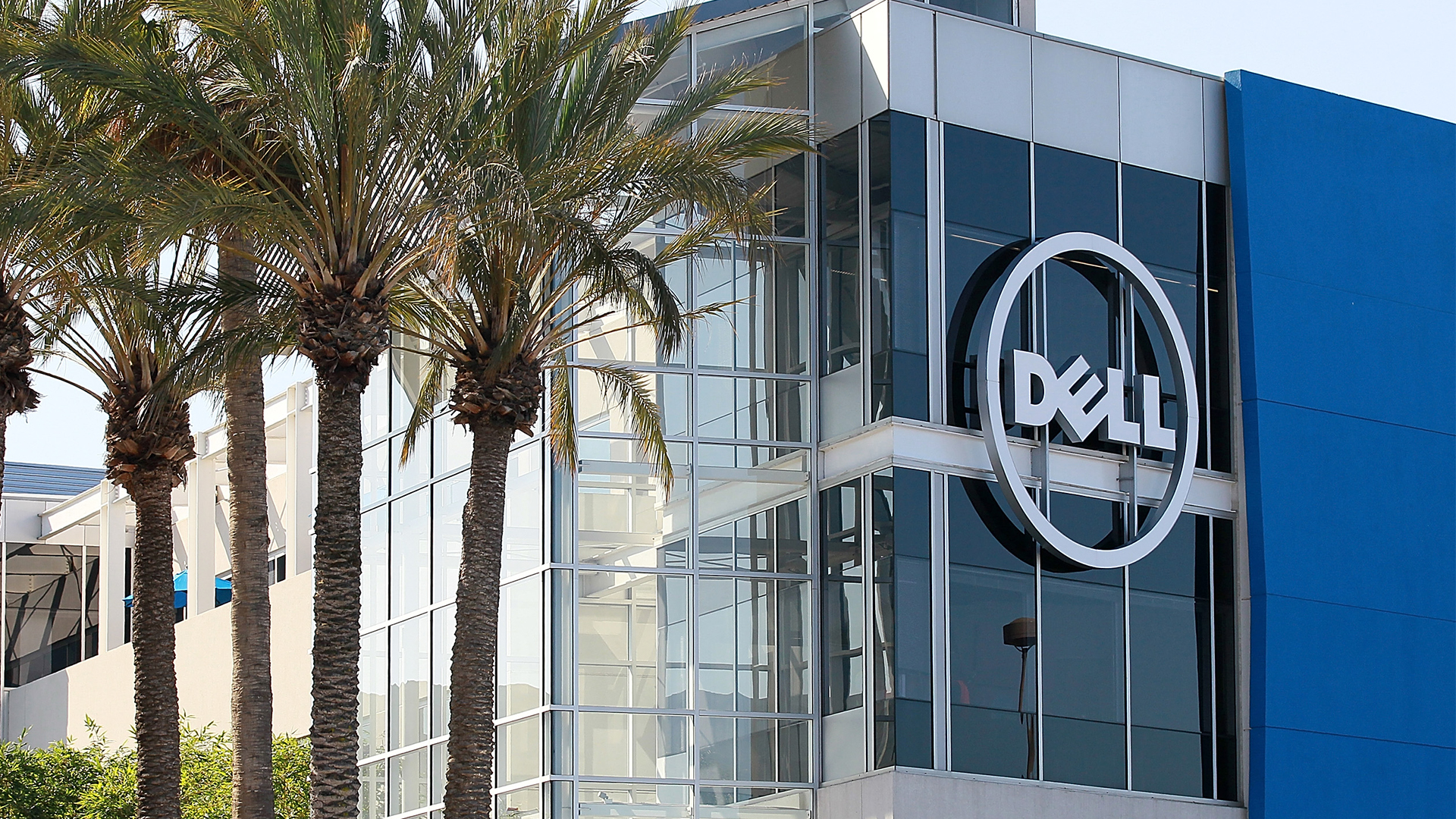 Predicts 2024: Sustainability reshapes IT sourcing and procurement
Predicts 2024: Sustainability reshapes IT sourcing and procurementwhitepaper Take the following actions to realize environmental sustainability
-
 Advance sustainability and energy efficiency in the era of GenAI
Advance sustainability and energy efficiency in the era of GenAIwhitepaper Take a future-ready approach with Dell Technologies and Intel
-
 Tech execs pushed for a return to the office – now they’re backtracking amid a workforce revolt, with only 3% of firms asking staff to return full-time
Tech execs pushed for a return to the office – now they’re backtracking amid a workforce revolt, with only 3% of firms asking staff to return full-timeNews Return to office mandates have failed miserably, and many businesses appear to be admitting defeat